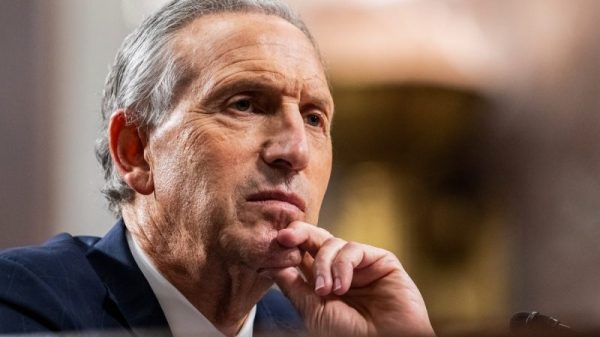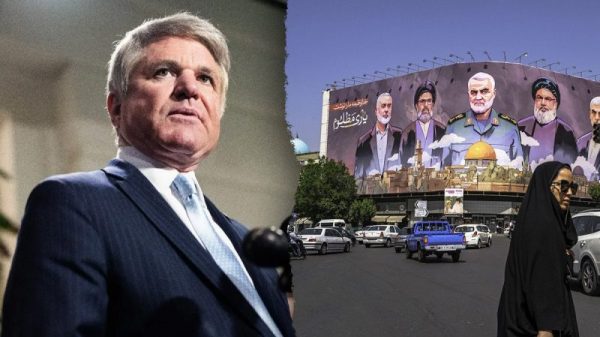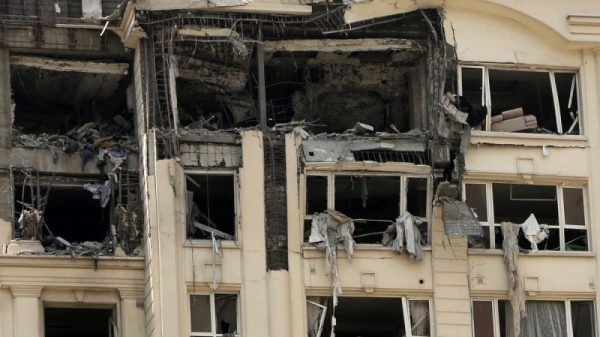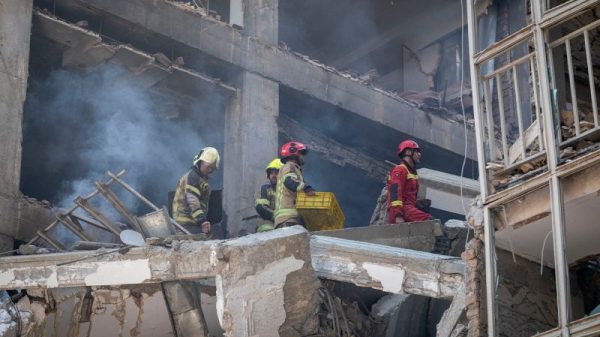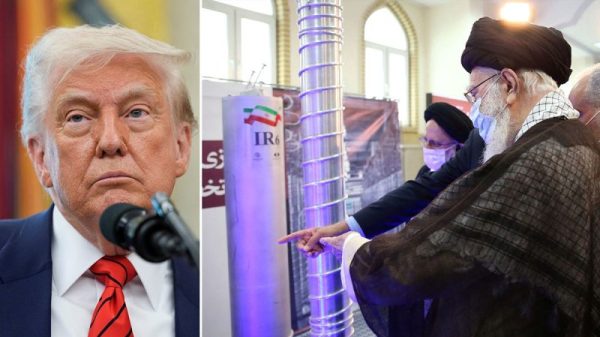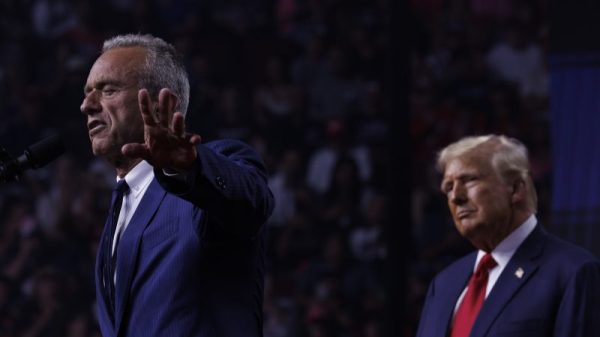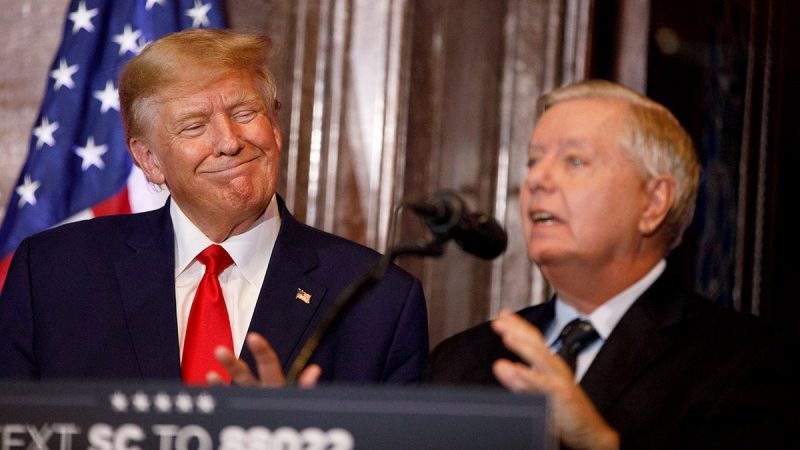
Sen. Lindsey Graham is pushing forward to fund President Donald Trump’s border security agenda despite objections from a key Senate Republican who wants to cut the spending in half.
The South Carolina Republican, who chairs the Senate Budget Committee, unveiled the Senate’s plan to fund the president’s border security desires, with billions of dollars slated to go toward building a wall at the Southern border, beefing up Immigration and Customs Enforcement’s (ICE) detention capacity and hiring more Border Patrol Agents, among others.
But Graham’s decision to plow ahead with the Senate Homeland Security & Governmental Affairs Committee’s $128.4 billion bill, which funds the lion’s share of the administration’s border security request, comes after the committee’s chair, Sen. Rand Paul, R-Ky., proposed to cut half the funding baked into the House GOP’s bill.
Paul’s concerns mobilized White House Deputy Chief of Staff for Policy Stephen Miller to hold a closed-door meeting with Senate Republicans on Thursday to justify the price tag.
‘As Budget Chairman, I will do my best to ensure that the President’s border security plan is fully funded because I believe it has been fully justified,’ Graham said in a statement to Fox News Digital. ‘I respectfully disagree with Chairman Paul’s proposal to cut the Trump plan by more than 50 percent.’
‘The President promised to secure our border,’ he continued. ‘His plan fulfills that promise. The Senate must do our part.’
The Homeland Security Committee accounts for the bulk of the White House’s $150 billion request, but not all. The remaining money is expected to come from the Senate Judiciary and Commerce committees.
Graham’s bill, which closely mirrors the House GOP’s version, includes $46.5 billion in funding to build the border wall and additional infrastructure, $4.1 billion to hire more border patrol agents, $2 billion for retention and signing bonuses for the new agents, $5 billion to improve border patrol facilities and $855 million to repair the Border Patrol’s vehicle fleet.
The measure also includes $45 billion to beef up ICE’s detention capacity, $6 billion to improve border surveillance, $6 billion to the Department of Homeland Security to ‘ensure adequate funding for border security across the board’ and $10 billion in grant funding to reimburse states for border security efforts during the Biden years.
Paul, who did not attend Miller’s meeting with Senate Republicans, said the White House ‘threw a number at the wall to see what would stick’ and that certain line items, like the tens of billions for border wall construction, could be drastically reduced to roughly $6.5 billion when breaking down the cost of construction per mile.
He presented his number to the Senate GOP on Wednesday and noted that there were ‘half a dozen senators’ who agreed with him.
When asked why Graham and the leadership opted to skip over him as chair of the committee to release the text of the bill, he said ‘because they disagree with me.’
‘I think Sen. Graham’s job, as he sees it, is to do what the president tells him to do, and my job is to do what I think is fiscally most responsible,’ he said. ‘And so we just have different agendas.’
Senate Republicans are in the midst of producing their version of the House GOP’s ‘big, beautiful bill.’ They’re using the budget reconciliation process to pass a sweeping bill advancing Trump’s agenda on taxes, immigration, energy, defense and the national debt. They are also working to use it to bring down the national debt – nearing $37 trillion – with the aim of cutting $1.5 trillion in federal spending.
But whatever comes from the Senate has to pass muster with the House before making its way to Trump’s desk.
And Miller’s meeting with the Senate GOP was meant to shore up support behind the funding detailed in the House’s bill and answer lingering concerns from fiscal hawks who are trying to find ways to further cut spending in the reconciliation process.
Sen. Markwayne Mullin, R-Okla., lauded Miller after the meeting but noted that there were some lawmakers who ‘were upset, and some that just didn’t want to hear.’
‘I mean, Rand Paul’s solution is to cut everything in half and call it good,’ he said. ‘That’s not real budgeting.’
Sen. Ron Johnson, R-Wis., said there was ‘a little frustration’ from some lawmakers who wanted to see a spreadsheet of the funding. He dismissed the notion that the meeting became tense and said ‘there’s no way to precisely calculate what the administration is going to need’ to clean up the ‘enormous mess’ left by the Biden administration.
‘If anything, we maybe ought to need more. It’s such a big problem,’ Johnson said. ‘I don’t think we’re going to move the number up, but we’re not going to shortchange it.’
‘This is a mess we have to clean up,’ he said. ‘It’s going to cost a lot of money, and we want to make sure this administration has the money to clean up.’
















